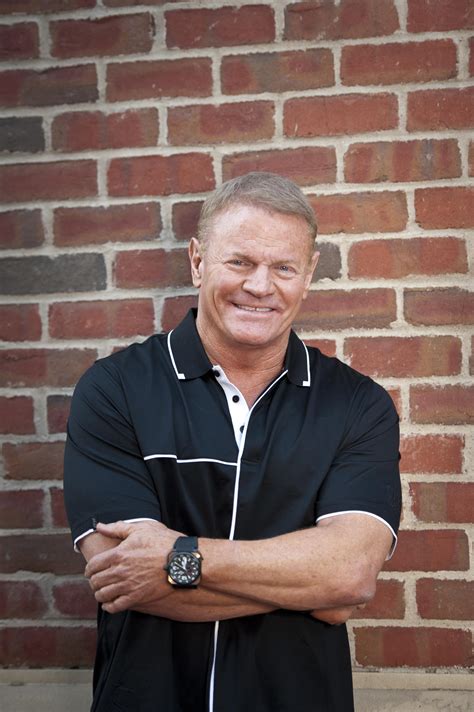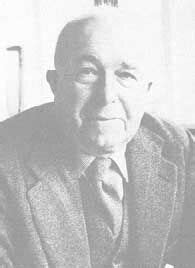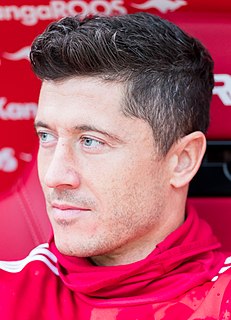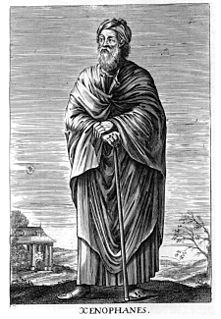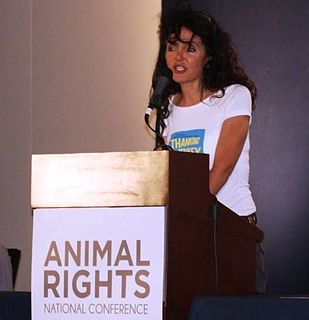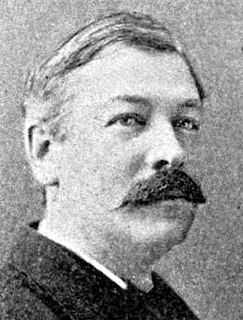A Quote by Warren G. Bennis
See the long view: By all means "plant the corn, milk the cows, and feed the horses" but always keep the eventual "harvest" in mind.
Related Quotes
Raising crops to feed animals for human consumption requires a lot of land. It takes eight or nine cows a year to feed one average meat eater; each cow eats one acre of green plants, soybeans and corn per year; so it takes eight or nine acres of plants a year to feed one meat eater, compared with only half an acre to feed one vegetarian.
Mostly, I make sure to stay keenly aware of my own shortcomings so that I am more patient with others. It can be hard to see a friend order a cow-milk latte when almond or soy milk is available, knowing that the friend knows what dairy cows go through, how they mourn their babies, who have been carted off to veal crates so that we can steal their milk.
There is one god, greatest among gods and men, who bears no similarity to humans either in shape or thought... but humans believe that the gods are born like themselves, and that the gods wear clothes and have bodies like humans and speak in the same way... but if cows and horses or lions had hands or could draw with the hands and manufacture the things humans can make, then horses would draw the forms of gods like horses, cows like cows, and they would make the gods' bodies resemble those which each kind of animal had itself.
And in a world where we have too many choices and too little time, the obvious thing to do is just ignore stuff. And my parable here is, you're driving down the road and you see a cow, and you keep driving 'cause you've seen cows before. Cows are invisible. Cows are boring. Who's going to stop and pull over and say, oh, look, a cow? Nobody.
If you see cattle as a source of organic manure, animal energy, as well as milk products, then Indian cattle are not inferior. It is only when you measure them as milk machines that they become inferior. What if we measured the dairy cows of America or Jersey or the Swiss Alps in terms of their work functions? They would be terribly inferior.


